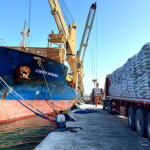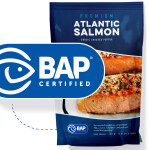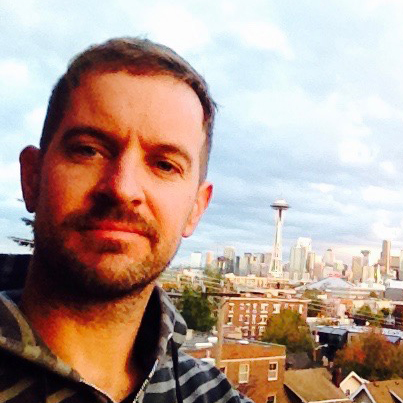Tests on wastewater effluent from a farmed Atlantic salmon processing facility on British Colombia’s Vancouver Island have come up positive for a virus that can cause heart and skeletal disease in wild salmon.
Samples of the wastewater from the Brown’s Bay Packing Co. processing facility were tested at the Atlantic Veterinary College, where they were shown to contain piscine reovirus, or PRV, which has been linked to disease in wild salmon.
Local diver Tavish Campbell circulated underwater footage of the bloody effluent from the plant pumping into Discovery Channel – an important migratory corridor for Pacific salmon – about 100 feet below the surface of the water.
The video sparked debate and now activists are calling for the Canadian government to impose stricter controls on the pumping of waste water from farmed salmon processing facilities.
British Columbia’s Minister of Environment George Heyman told the Vancouver Sun that he has asked the ministry to send staff to inspect the facility in the coming days.
“British Columbians really expect us to keep our water safe and protect our wild salmon, so that’s our intent. We want to ensure, as we review the permit and put conditions on the permit as necessary, that any discharge into the water is safe and does not contaminate wild salmon,” Heyman said to the Sun.
The effluent pipe is permitted through the province and Brown’s Bay released a state-ment defending their practices, saying the wastewater is treated for PRV before being released into the ocean.
Brown’s Bay has Global Aquaculture Alliance’s Best Practices certification, and activists say they are not attacking the processor, but are pushing the government for more regulation.
“We’re not trying to demonize a rogue processor, one rogue plant. This more points to the fact that the Department of Fisheries and Oceans really isn’t managing wild salmon at all,” the diver Campbell told the Sun.
The fish that are being processed at Brown’s Bay come from a nearby fish farm run by Cermaq. Headquartered in Norway, Cermaq raises fish in Norway and Chile as well as Canada’s Vancouver Island, and is among the world’s largest producers of farmed salmon and trout.
Norway prohibits the dumping of effluent from salmon farms, but Canada does not have similar regulations in place.






